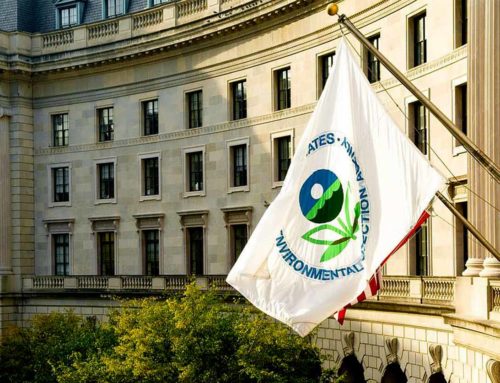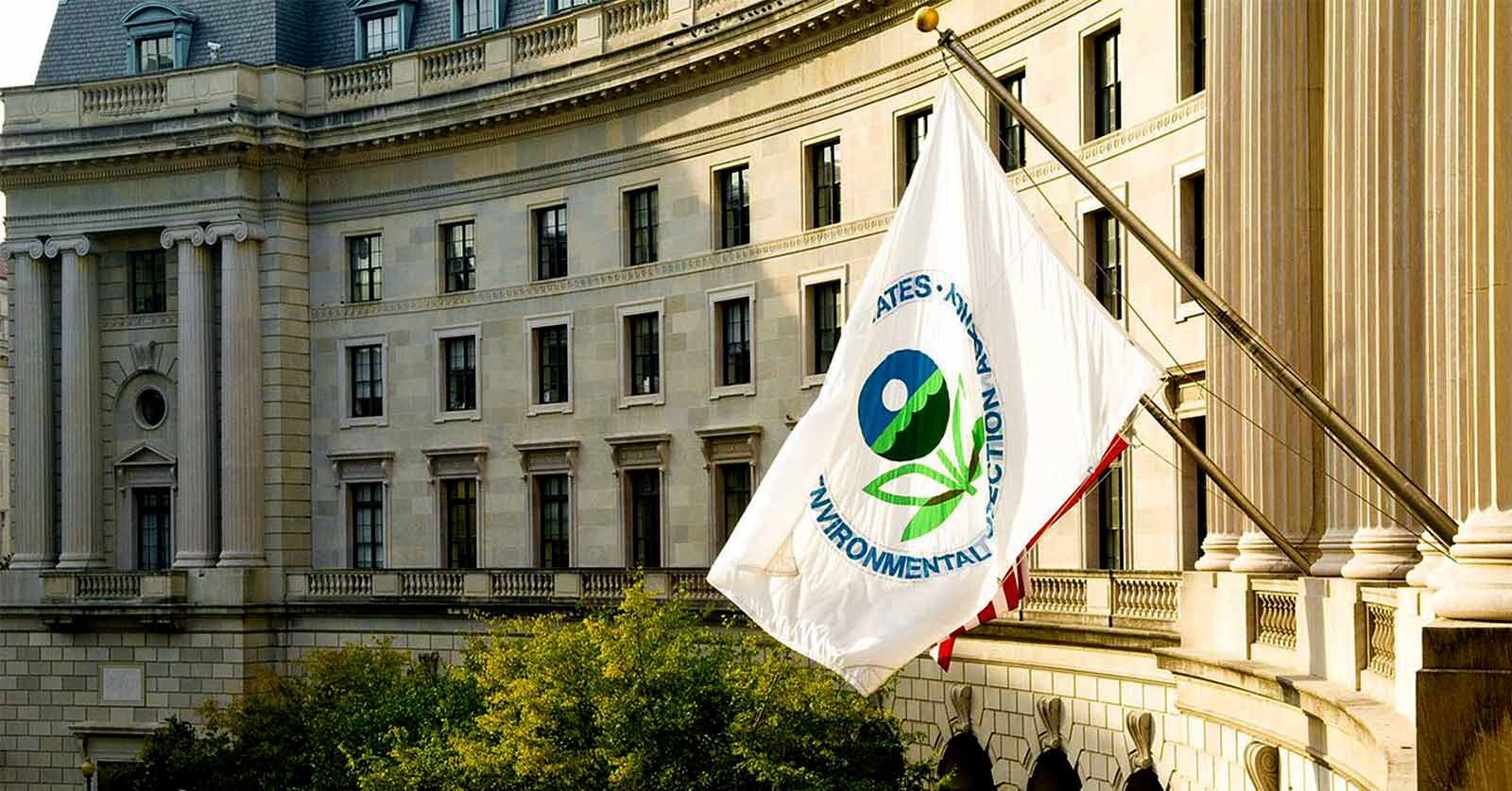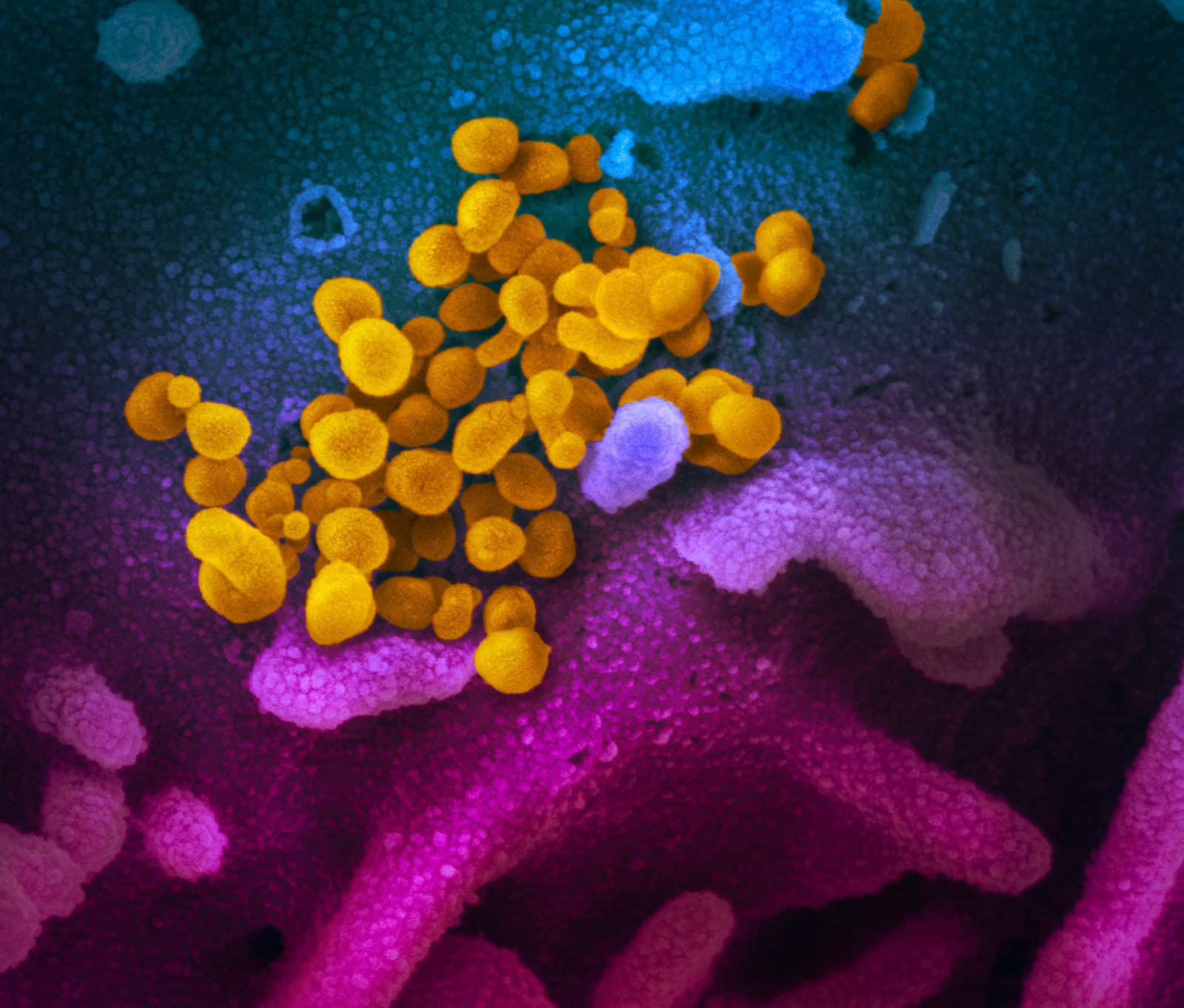First it was subsidies for ethanol. Then biodiesel. Then cellulosic biofuel…And now there is a new chapter in this chronicle of false solutions to climate change – worth $7 billion.
Taxpayer costs for biofuels subsidies have skyrocketed over the past four decades. The most recent addition is the Senate Finance Committee and President Biden’s FY22 budget proposal for a new sustainable aviation fuel tax credit. Certain lawmakers, including Senators Brown (D-OH) and Whitehouse (D-RI), introduced an amendment to the Senate’s Clean Energy for America Act markup this week to add a new aviation fuel subsidy to an already expensive mix of energy tax extenders. The amendment was ultimately incorporated into the underlying bill, which now moves to the full Senate for consideration.
Continuing to subsidize biofuels – whether for ethanol blender pumps or aviation fuel – will lead to sky high taxpayer costs. With a sustainable aviation fuel credit of up to $2 per gallon, as passed out of the Senate Finance Committee, or up to $1.75 per gallon in the President’s budget request, taxpayers would be on the hook for subsidies twice as expensive (per gallon anyway) as current law. (Biodiesel and cellulosic biofuels, for instance, enjoy a $1–per–gallon and $1.01–per–gallon tax credit, respectively).
Before the COVID-19 pandemic, U.S. airlines consumed 12 billion gallons of fuel annually. So-called sustainable aviation fuel currently comprises a small portion of jet fuel, but the percentage is expected to jump as climate concerns grow, and airlines respond to consumer pressure to reduce their carbon footprint. The Joint Committee on Taxation (JCT) projected the Clean Energy for America Act’s new sustainable aviation fuel credit could cost taxpayers $293 million over the next decade, in addition to costs within the new Clean Fuel Production Credit. However, as the President’s budget request shows, costs could skyrocket more rapidly. The FY22 budget assumes that if the credit is in place for calendar years 2022-2027, the total cost could reach $6.6 billion.
| Tax Incentives for Sustainable Aviation Fuel, in place for calendar years 2022-2027
Projected Costs in Millions |
||||||||||
| FY22 | FY23 | FY24 | FY25 | FY26 | FY27 | FY28 | FY29 | FY30 | FY31 | TOTAL |
| $363 | $503 | $633 | $693 | $1,313 | $1,696 | $743 | $376 | $199 | $117 | ($6,636) |
Given the history of perpetual tax extenders, taxpayers can assume several more billions if the credit is extended from 2028-2031. The current biodiesel credit already costs taxpayers $3 billion annually, and numerous other biofuels subsidies are scattered across various government agencies.
While the newly proposed credit – in the Senate bill at least – would disallow palm oil from qualifying as a sustainable aviation fuel feedstock, nearly everything else would fly. The U.S. Renewable Fuel Standard (RFS) contains certain restrictions on which feedstocks can be used for the federally enforced biofuels mandate, such as protections for native grasslands to not be plowed for corn production, for instance, but these are not implemented effectively in practice. The Senate’s new tax credit would not include these protections, and the President’s proposal is so far silent on this issue.
As proposed by both the Senate and President, credit eligibility would be contingent on at least a 50 percent reduction in lifecycle GHG emissions as compared to petroleum jet fuel. However, as history has shown, similar requirements in government biofuels mandates have not achieved real GHG emission reductions in practice. In fact, the National Academies of Sciences found that biofuels tax credits may actually worsen climate change – the opposite goal of both the Clean Energy for America Act, President Biden’s climate initiatives, and common sense. The sustainable aviation credit is likely no different.
The U.S. should learn lessons from the past when formulating climate policy. Subsidizing the corn ethanol industry through a $6 billion annual tax credit up until 2011 did little more than waste taxpayer dollars and cause long-term liabilities. Creating new subsidies for fuels that may be derived from food crops – such as corn and soybeans – will only increase taxpayer costs and exacerbate existing harms from government-set biofuels mandates, subsidies, and tax credits. Soybean prices are already reaching record highs, partially due to projected increased demand for soy-based aviation fuel and biomass-based diesel. This has led to more land planted to corn and soybean rotations at the expense of carbon-rich land – such as grasslands and wetlands – needed to mitigate climate change.
Policymakers should learn lessons from the past and forgo the expansion of costly market-distorting subsidies. Otherwise, real climate solutions will be undermined by perverse incentives that do more harm than good.














Get Social